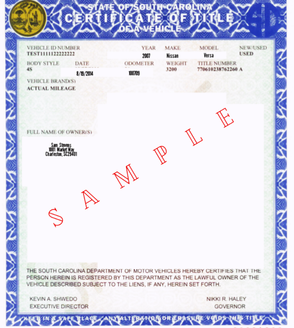UNDERSTANDING ODOMETER FRAUD
Odometer tampering isn't a mere trick—it's a breach of consumer trust. Odometer readings provide potential buyers with insights into a car's history, helping gauge its wear and tear and its potential longevity. By rolling back the odometer, sellers unfairly inflate the car's market price. This act, which is both misleading and fraudulent, has led many to seek advice from a consumer fraud attorney, such as Steve Moskos.
- Inconsistencies in Vehicle Maintenance Records: A clear record should correspond with the car's odometer reading. Any discrepancy is a glaring red flag.
- Wear and Tear Mismatch: Excessive wear on components like pedal rubbers or steering wheel, inconsistent with the reported mileage, warrants caution.
- Tamper Evidence: Modern digital odometers are tough but not immune to tampering. Signs of forced entry or alterations are indicators.
- Online Tools and Reports: Resources like Carfax are helpful in offering insights into a car's history, including past odometer readings.
Misrepresentations, especially deliberate ones, come with consequences. Knowingly offering false odometer statements is not just unethical but also illegal. In South Carolina, such actions can lead to legal repercussions, including substantial fines and even imprisonment.
EMPOWERING YOURSELF AS A CONSUMER
Staying informed is your most potent weapon against consumer fraud. If you're considering purchasing a used car:
- Conduct thorough research. Knowledge about the prevalent tricks and scams will always put you a step ahead.
- Use available online tools to verify a car's history.
- Always seek a comprehensive vehicle report.
- When in doubt, consult a professional. Experts, including attorneys who specialize in consumer fraud, can offer guidance, ensuring you make informed decisions.







 RSS Feed
RSS Feed